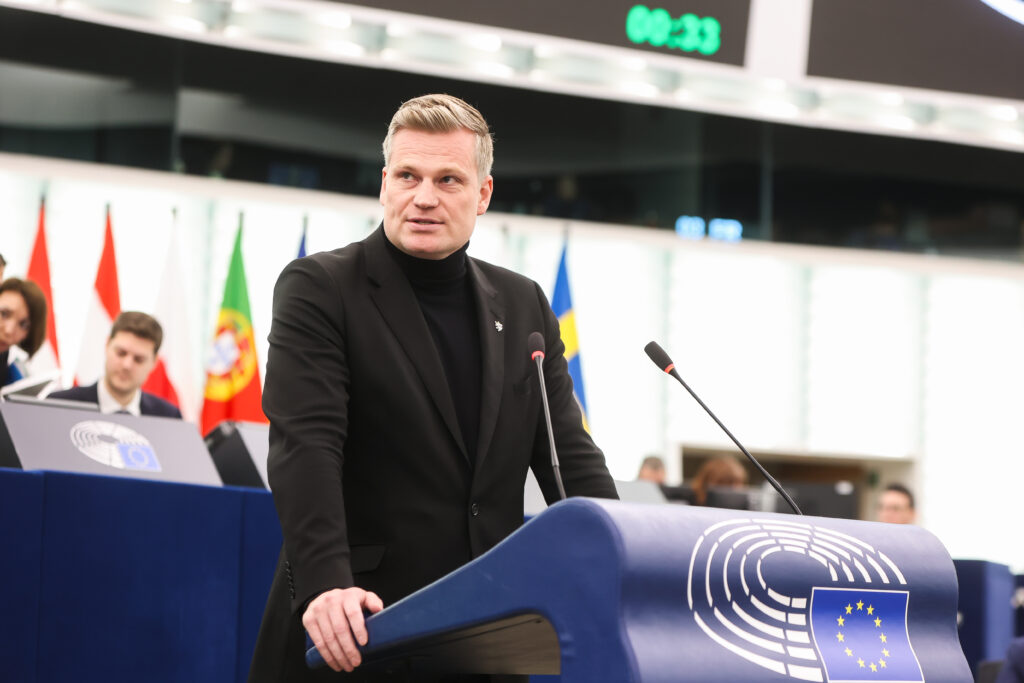If bringing Chris Mooney on for a weekly column for DeSmogBlog wasn’t enough for you, we’re very proud to welcome renowned author and journalist, Bill McKibben to DeSmogBlog.
Bill McKibben is an American environmentalist and writer who frequently writes about global warming, alternative energy, and the risks associated with human genetic engineering. Bill is the co-founder of the Step it Up campaign and is the author of numerous books on the environment and global warming. His most recent book, Deep Economy: the Wealth of Communities and the Durable Future, was published in March 2007. Bill is the co-author of new book called Fight Global Warming Now that will be on shelves October, 2007.
Bill’s first piece on polar bears and Bjorn Lomborg will be up later today.
Subscribe to our newsletter
Stay up to date with DeSmog news and alerts







